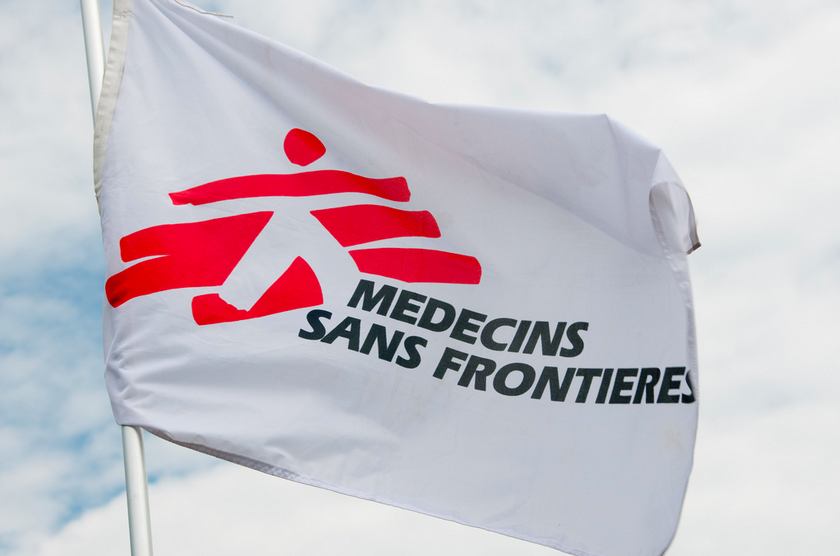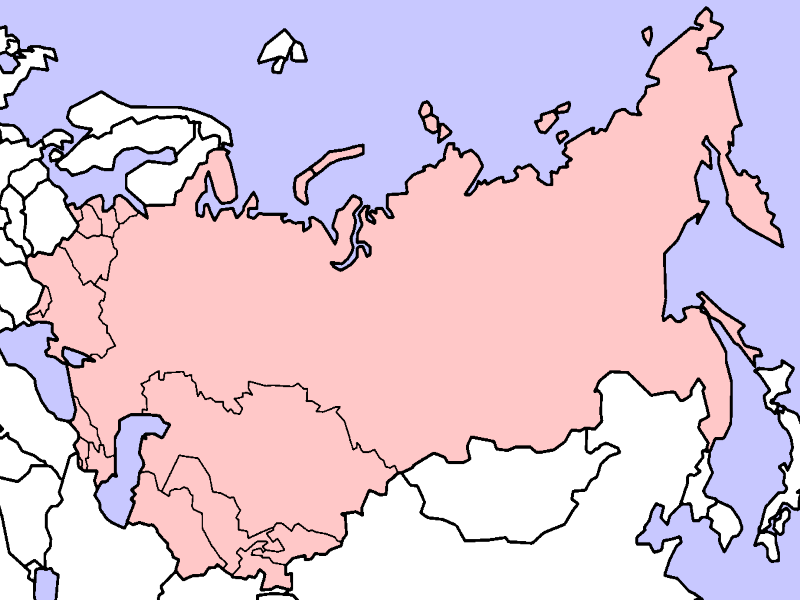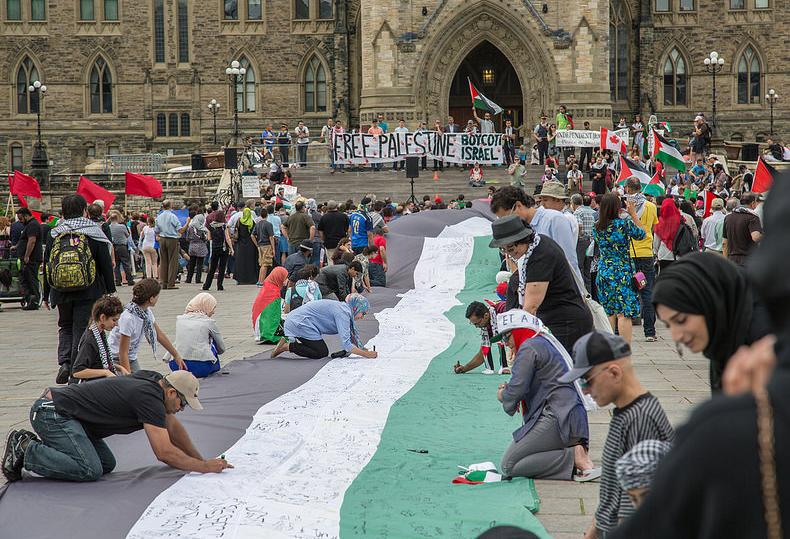In 2009, Médecins Sans Frontières (MSF) set up a medical clinic in Kunduz, Afghanistan. Acutely aware of the dangers of operating in an active conflict zone, the international aid organization took every precaution necessary to protect their staff. For example, they repeatedly advised the US military of their exact GPS coordinates, and had done so as recently as September 29. Five days later, the hospital was decimated by an American airstrike that left twelve MSF staff and ten patients dead.
Several key events have occurred in the aftermath of the airstrike. Washington initially admitted that the hospital, while not their target, was an unfortunate instance of “collateral damage.” The Pentagon, NATO, and the Government of Afghanistan are all launching internal probes into the strike. WikiLeaks has mounted a guerrilla investigation of its own, offering a $50,000 bounty to anyone who can provide video footage of the attack or internal evidence like the Lockheed AC-130 cockpit audio, the inquiry report, or any other relevant classified documents.
President Obama spoke to MSF’s international chief, Dr. Joanne Liu, and personally apologized for the bombing. Liu acknowledged the apology but is pushing hard for an independent inquiry into the attack, skilfully and aggressively refuting official statements made by both the US and Afghan governments. When Afghan officials claimed that the hospital was a “Taliban base regularly used for military purposes,” MSF issued a press release in response to what they argue is a justification of the attack and an indication that the strike was a joint and purposeful product of US and Afghan forces. The press release states that the Afghan defense of the attack “utterly contradicts the initial attempts of the US government to minimize it as ‘collateral damage’” and that it ultimately amounts to an admission of a war crime.
This, of course, is the central question. First, did the US commit a war crime in bombing the Kunduz hospital? Second, if an independent investigation can establish that the US did in fact violate international humanitarian law, what happens next? The perceived Achilles heel of international law is its inability to effectively prosecute war criminals and crimes against humanity. Many argue that the inherent bias of international bodies funded and supported by powerful Western nations cripple their independence and objectivity. The Kunduz bombing presents a critical juncture for international humanitarian law. Under intense pressure from MSF and scrutiny on the world stage, bodies created to uphold international law face an important test of their true abilities.
At a press conference in Geneva, Dr. Joanne Liu demanded that the International Humanitarian Fact-Finding Commission (IHFFC) conduct a full, transparent, and independent investigation into the Kunduz bombing. Liu specified that the attack violated the Geneva Conventions, and, thus the inquiry should be convened pursuant to war crime-investigating procedures. However, the IHFFC, which has not been used a single time since its creation in 1991, is severely handicapped by its reliance on consent: if a party to a conflict requests an investigation but the object of the complaint refuses to give its consent, the Commission is not authorized to conduct the enquiry. Somewhat predictably, the US has blocked MSF by refusing to consent to an impartial investigation conducted by the IHFFC.
The International Criminal Court (ICC) suffers from a similar issue. If MSF were to bring the Kunduz bombing to the ICC, the US would again be able to block the move and evade prosecution. The jurisdiction of the ICC is limited to states that have ratified the treaty that created the Court. The United States is not a signatory to the Rome Statute, and so its citizens, including the military personnel who may have committed a war crime by authorizing the Kunduz airstrike, cannot be tried by the ICC. Interestingly, Afghanistan is a signatory to the Rome Statute, and, so, the ICC can try its military officials. This may explain the latest alteration to the Pentagon’s official account of the strike. General John Campbell, the commander of the US war in Afghanistan, testified to a US panel that Afghan forces had requested US air cover in Kunduz after being inundated by the Taliban. American emphasis on the role of Afghan commanders in initiating the strike is a thinly veiled attempt to shift the blame, appease MSF and other incensed rights groups, and provide a scapegoat for prosecution by the ICC.
Under Article 4 of the Geneva Conventions, hospitals in conflict zones have a special protected status. If, however, a hospital is being used to support military operations, then it loses its special protection status and becomes a valid target. If the Afghan government is accurate in its claim that the Taliban was using the MSF hospital as a military base, then the US did not violate international humanitarian law. The case would rest on what the US military knew and when, and would have to establish beyond reasonable doubt that US forces knew at the time of the airstrike that the Taliban had infiltrated the hospital. The US would also have to demonstrate the necessity of the airstrike as opposed to military intervention that could have killed specific Taliban targets without resulting in mass civilian casualties. Even if the Taliban was indeed operating out of the hospital, the US still had a responsibility under international law to warn MSF of the impending strike. The fact that the US military knew the precise GPS coordinates of the hospital, and was advised that the strike had hit a hospital even as the strike was occurring would be a major issue of contention if the case went to the ICC or another international body.
MSF has valid questions about what occurred in Kunduz, and the way these questions are answered will have a significant impact on the legitimacy of international humanitarian law. If the US does not comply with an impartial investigation, it will be demonstrating a blatant disregard for international law and set a dangerous precedent for other countries. Further, it will lose the moral authority to criticize other governments for human rights abuses and repressive techniques. For instance, the US claims to want Assad removed from power in Syria largely on the basis of human rights abuses and war crimes. It is therefore critical that the US demonstrates its own respect for international law, and consents to an impartial and transparent investigation of the airstrike in Kunduz.




